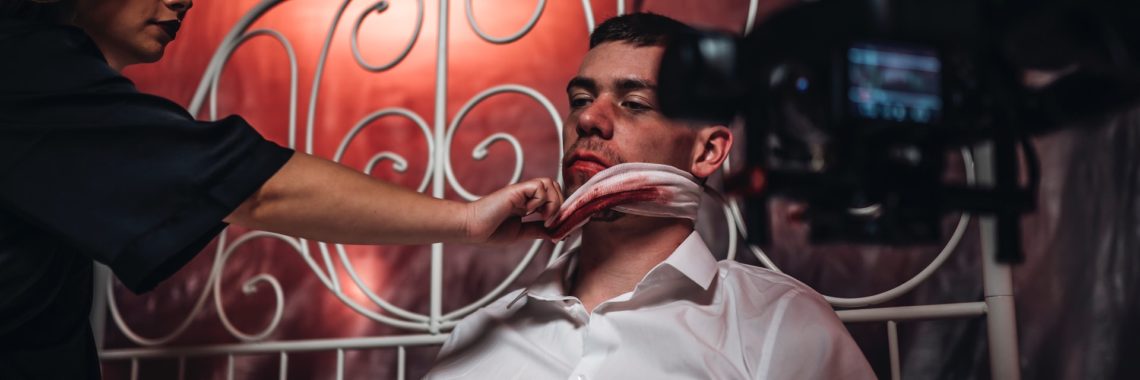Cast Away
‘Cast Away’ enables a viewer to experience isolation and desolation like no other film in recent memory. Director Robert Zemeckis (What Lies Beneath, Forrest Gump) crafts an ambitious and elegant story revolving around Chuck Nolan (Tom Hanks), a FedEx employee who is stranded on a desert island for several years due to a horrific plane crash.
Zemeckis makes no secret of handing over the complete second act to Hanks to retain the viewer’s attention. No music, no 45-degree camera angles – just simple storytelling to demonstrate Hanks’ isolation. ‘Cast Away’ is quite an achievement in terms of a film’s power to play with the human emotion.
This film is structured into three related yet completely different acts which all have a different story to tell. The film opens with an energetic and rowdy scene in Russia where Hanks’s character is leading a giant FedEx shipment. With the use of frantic editing and great camera tracking – including a p.o.v. shot from a FedEx package, Zemeckis demonstrates the importance of delivering packages on time. Here we see Hanks’ character’s obsession with his work in which he utters these great lines, ` We live and die by the clock. We must never allow ourselves the sin of turning our backs on the clock’. Yet, in watching the film closely, we see completely that Hanks had to have let go of this mantra to survive. Within this first act, we enter Hanks’ life through an enormous Christmas dinner with his girlfriend (Helen Hunt) and discover all that Hanks has to live for. Cut quickly to a terrific plane crash sequence that comes completely unexpected in which our main character finds himself stranded on a deserted island with nothing but his sanity to keep him grounded.
In this second act we are limited to extraordinary filmmaking with little use of dialogue and musical score. Instead, we are treated to Hanks’ ‘tour-de-force’ performance in which he commands his screen presence. We see Hanks struggle with the impossibility of starting a fire from scratch, making acquaintances with a volley ball named ‘Wilson’ and deal with the inevitable possibility of never returning home. The third act is in essence a closure to all the events that have occurred in the film. Therefore, we will not go into detail, yet some might find the last act a tad disappointing, yet, it is evident that the filmmakers stuck with the most realistic ending possible.
As far as the film is concerned, it plays on no other level than human emotion. Zemeckis leaves us no choice but to sympathize with our beloved character as he struggles to maintain his dignity in a world where there is none. We also see our character struggle with an unbearable weight loss as he wrestles with famine in a place where food is scarce and loneliness inevitable.
The best thing about this film are the subtle, yet present symbolic events or images that convey the notion that although we might seem alone- we never are. It might take a second viewing to notice these, but they are there – and that is just one of the many great elements that compose this great film.
Cast Away is an iconic film that’s still talked about years later. But if yor’re looking for something a little fresher, read up on what’s hot from hollywood today.


